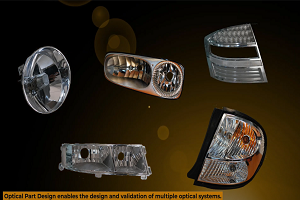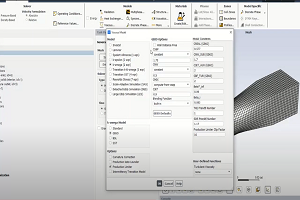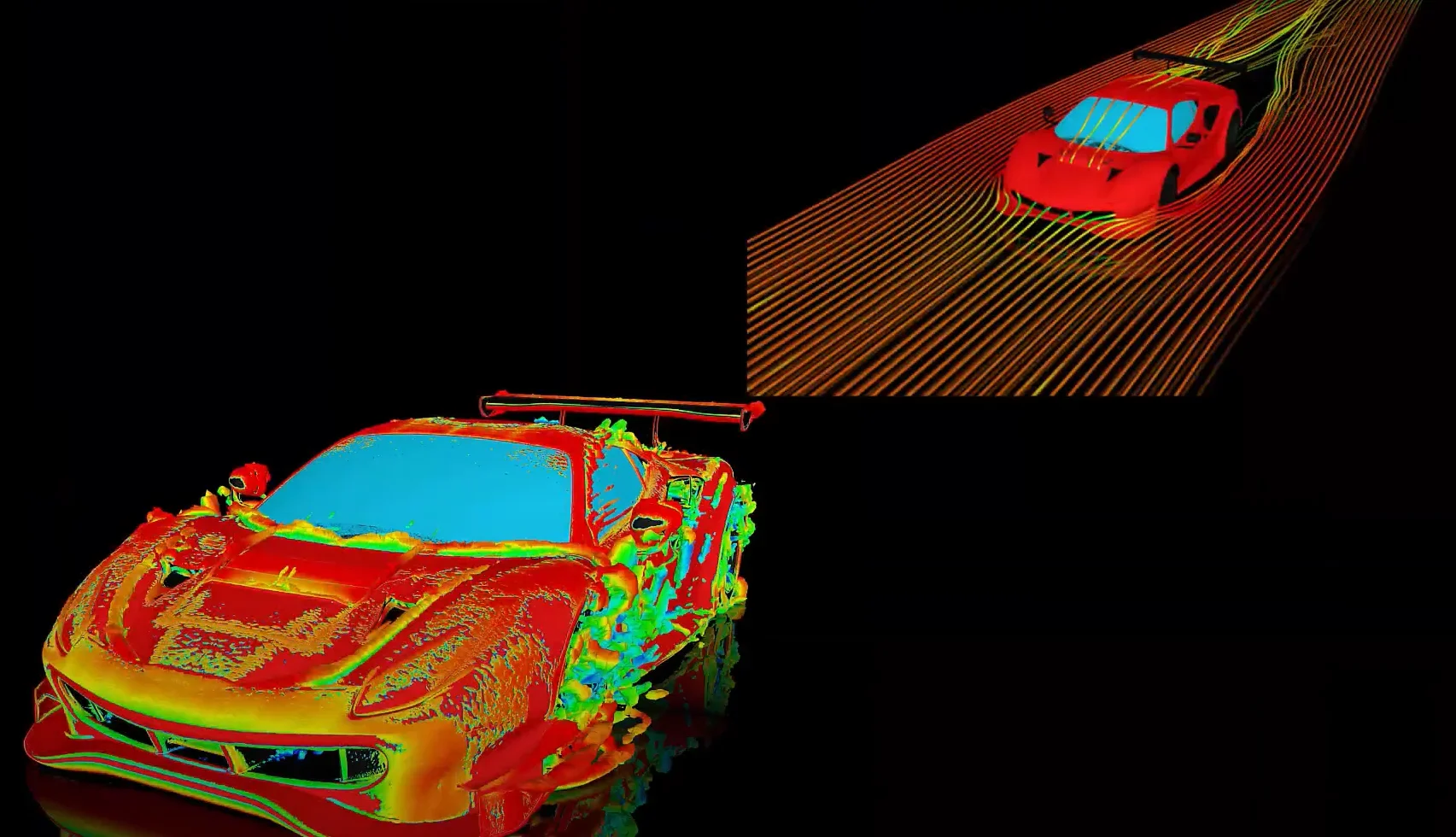-
-
January 25, 2023 at 7:17 am
 FAQParticipant
FAQParticipantWhen modeling multiphase flow with CFX that involves a dispersed solid phase, and the material for the solid phase is solid material, the following error message will be encountered in CFX-Pre: “In Analysis
-Domain : The following materials require Viscosity to be defined: ” Solid materials have no specification for dynamic viscosity. To resolve this: 1.) Duplicate the solid material under Materials and rename the material 2.) Change the Material Group to “User” 3.) Change the Thermodynamic State from Solid to Liquid. 4.) Specify a value for dynamic viscosity 5.) Refer to the new material name in the domain fluid specifications Swiching the Thermodynamic State of the material to Liquid from Solid will retain the pertinent solid properties (density, thermal conductivity, etc) but will also allow dynamic viscosity to be specified. Enter an arbitrary value for dynamic viscosity greater than zero. Dynamic viscosity must be specified but won’t be used since the phase is specified as “Dispersed Solid” under the morphology option in the domain Fluid and Particle Definitions. Note that dynamic viscosity is also not used in the case where the phase is specified as “Dispersed Fluid”
-


Introducing Ansys Electronics Desktop on Ansys Cloud
The Watch & Learn video article provides an overview of cloud computing from Electronics Desktop and details the product licenses and subscriptions to ANSYS Cloud Service that are...

How to Create a Reflector for a Center High-Mounted Stop Lamp (CHMSL)
This video article demonstrates how to create a reflector for a center high-mounted stop lamp. Optical Part design in Ansys SPEOS enables the design and validation of multiple...

Introducing the GEKO Turbulence Model in Ansys Fluent
The GEKO (GEneralized K-Omega) turbulence model offers a flexible, robust, general-purpose approach to RANS turbulence modeling. Introducing 2 videos: Part 1 provides background information on the model and a...

Postprocessing on Ansys EnSight
This video demonstrates exporting data from Fluent in EnSight Case Gold format, and it reviews the basic postprocessing capabilities of EnSight.

- Solver message during DPM calculation: “number of stepsize underflows during particle integration step is x”. What does it mean and how to get rid of it?
- ANSYS Fluent – Eulerian & Mixture Multiphase Models & Applications – Tips and Tricks
- What is the difference between the VOF model and the Eulerian model?
- ANSYS Fluent: Efficient Modeling of Spray Breakup using VOF-to-DPM Transition
- Mixing Tank Modeling in ANSYS Fluent
- What is the superficial velocity in multiphase flows?
- What is the meaning of VOF courant number and Global courant number in ANSYS Fluent Multiphase Model and how are they related?
- Guidelines for Courant Number for steady and transient simulation.
- How do I use porous media in a multiphase flow?
- ANSYS Fluent: Describing Cavitation in a Centrifugal Pump

© 2026 Copyright ANSYS, Inc. All rights reserved.

